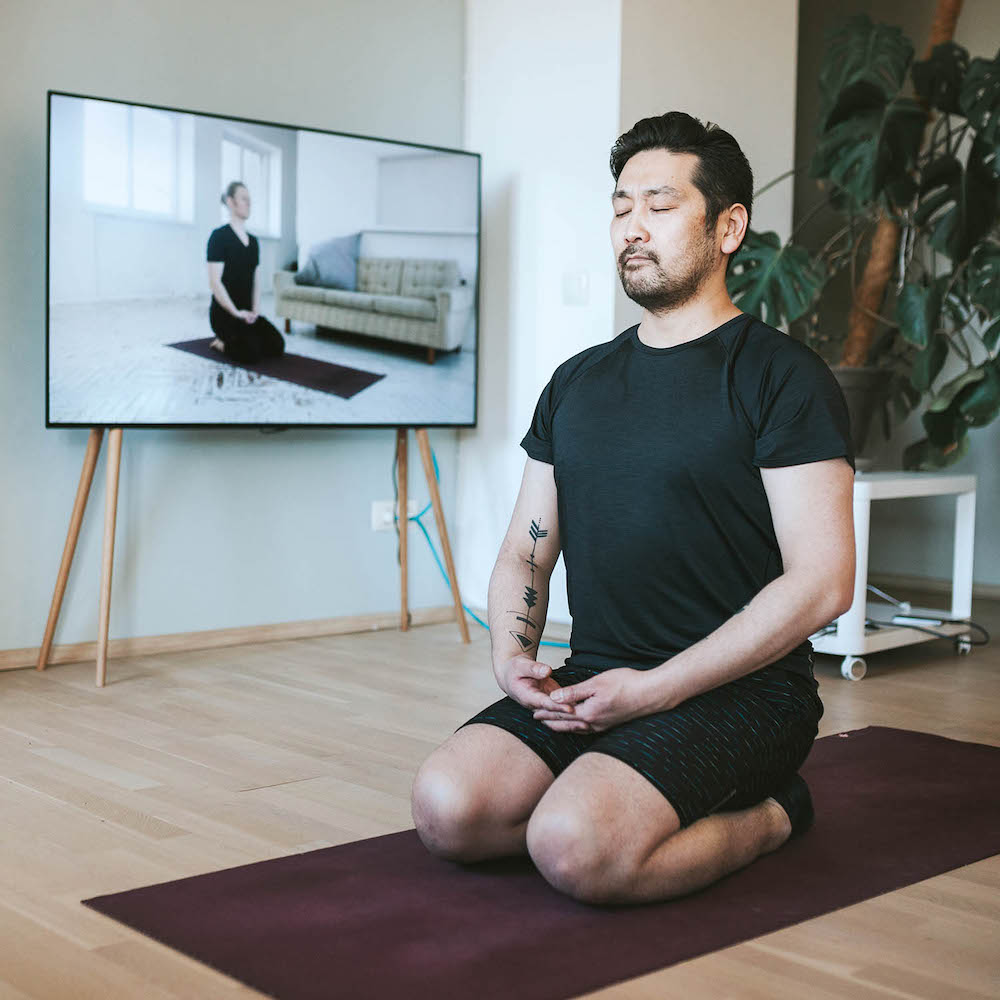Mind and Body Approaches for Stress and Anxiety

Several mind and body approaches, including relaxation techniques, yoga, tai chi, hypnotherapy, and meditation may be useful for managing symptoms of stress in your patients. For some stress-related conditions, mind and body approaches are used as an adjunct to other forms of treatment. This issue of the digest provides a summary of current research on some of these approaches for stress, anxiety, and stress-related conditions.
What the Science Says:
Mind and Body Approaches for Stress and Anxiety
Modality and Summary of Current Research
Relaxation Techniques
Relaxation techniques may be helpful in managing a variety of stress-related health conditions, including anxiety associated with ongoing health problems and in those who are having medical procedures. Evidence suggests that relaxation techniques may also provide some benefit for symptoms of post-traumatic stress disorder (PTSD) and may help reduce occupational stress in health care workers. For some of these conditions, relaxation techniques are used as an adjunct to other forms of treatment.
Read more about research on relaxation techniques for stress and anxiety
Yoga, Tai Chi, and Qigong
A range of research has examined the relationship between exercise and depression. Results from a much smaller body of research suggest that exercise may also affect stress and anxiety symptoms. Even less certain is the role of yoga, tai chi, and qigong—for these and other psychological factors. But there is some limited evidence that yoga, as an adjunctive therapy, may be helpful for people with anxiety symptoms.
Read more about research on yoga, tai chi, and qigong for stress and anxiety
Meditation and Mindfulness-Based Stress Reduction
Some research suggests that practicing meditation may reduce blood pressure, anxiety and depression, and insomnia.
Read more about research on meditation and mindfulness-based stress reduction
Hypnotherapy
Hypnosis has been studied for anxiety related to medical or dental procedures. Some studies have had promising results, but the overall evidence is not conclusive.
Clinical Guidelines
- Clinical Practice Guidelines on the Use of Integrative Therapies as Supportive Care in Patients Treated for Breast Cancer (Journal of the National Cancer Institute Monographs)
Scientific Literature
NCCIH Clinical Digest is a service of the National Center for Complementary and Integrative Health, NIH, DHHS. NCCIH Clinical Digest, a monthly e-newsletter, offers evidence-based information on complementary health approaches, including scientific literature searches, summaries of NCCIH-funded research, fact sheets for patients, and more.
The National Center for Complementary and Integrative Health is dedicated to exploring complementary health products and practices in the context of rigorous science, training complementary health researchers, and disseminating authoritative information to the public and professionals. For additional information, call NCCIH’s Clearinghouse toll-free at 1-888-644-6226, or visit the NCCIH website at nccih.nih.gov. NCCIH is 1 of 27 institutes and centers at the National Institutes of Health, the Federal focal point for medical research in the United States.
Copyright
Content is in the public domain and may be reprinted, except if marked as copyrighted (©). Please credit the National Center for Complementary and Integrative Health as the source. All copyrighted material is the property of its respective owners and may not be reprinted without their permission.